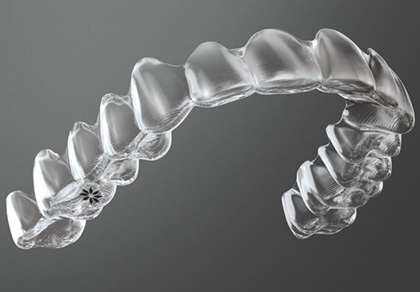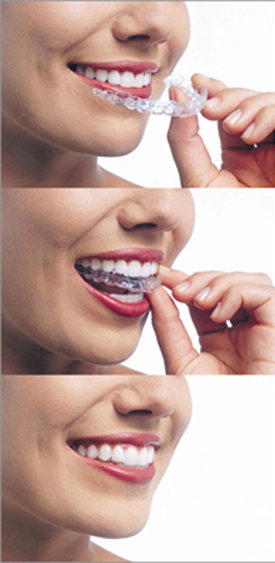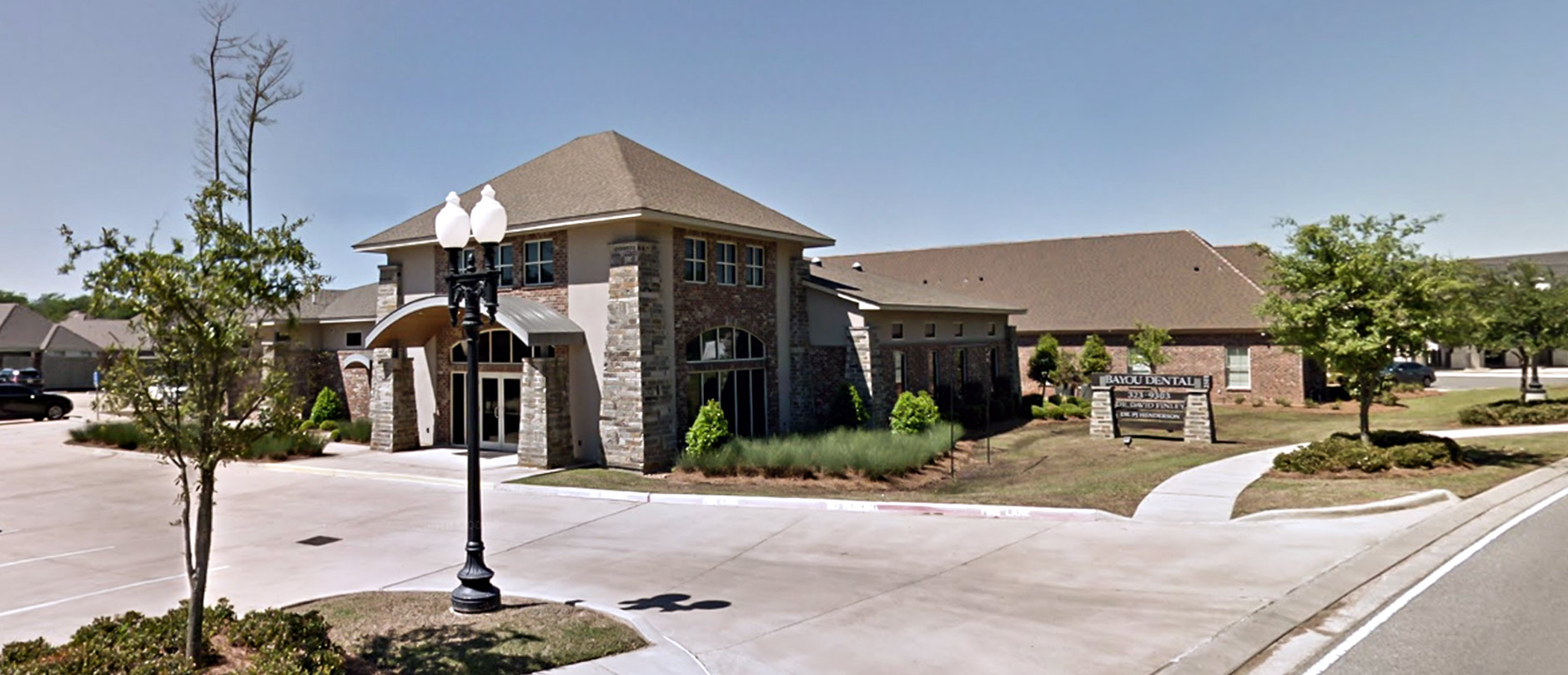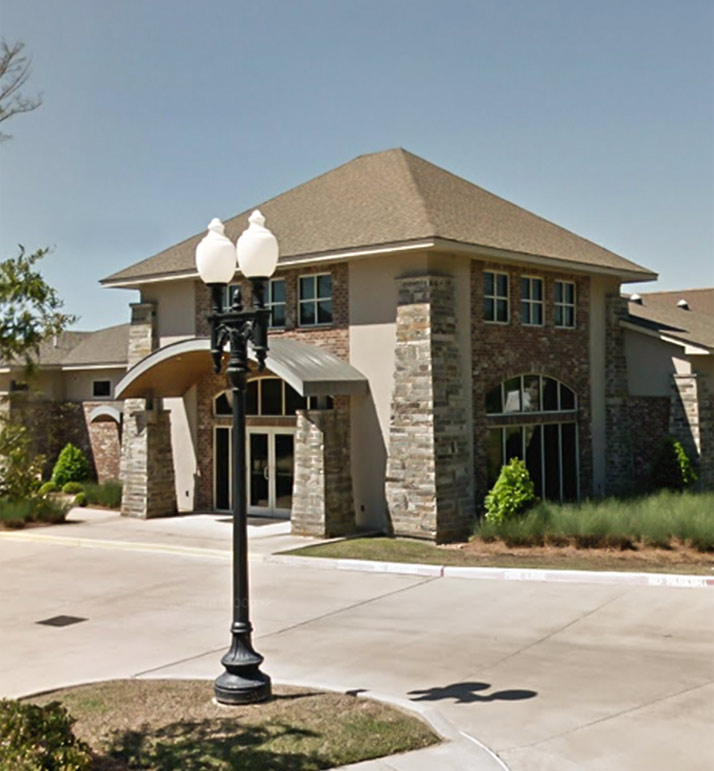
Layla,
According to the Mayo Clinic, family history can be a risk factor for bedwetting, but there are other causes. If either or both parents experienced bedwetting as children, their children might wet the bed at night.
Causes of Bedwetting in Children
Some causes of bedwetting in children include:
- Inability to recognize when their bladder is full
- Small bladder
- Hormonal imbalance
- Urinary tract infection
- Diabetes
- Chronic constipation
- Urinary tract or nervous system structural malformation
- Sleep apnea
Nerves that control the bladder suppress urination while we sleep. But if nerves are slow to mature or a child is a deep sleeper, suppression may not work well.
Suggestions for Bedwetting
If your child is bedwetting past age seven, three suggestions to help include using nighttime pull-ups, awakening them at night to use the bathroom, or considering if sleep apnea is a contributing factor.
- Use nighttime pull-ups – If your son’s pediatrician cannot find a medical reason for his bedwetting, you can try a nighttime pull-up until your son grows out of it. Most reports indicate that bedwetting issues usually resolve by the teen years.
- Awaken your child – Schedule a time to wake your child up at night to use the bathroom.
- Consider sleep apnea – Children who snore at night may have sleep apnea. Sleep apnea deprives the body of oxygen and can cause them to awaken at night. And while awake, the bladder may release and cause bedwetting. If your child is diagnosed with sleep apnea, the Vivos System™ is an orthodontic system that widens the oral cavity and can treat sleep apnea in adults and children. You might be able to find a dentist in your area who provides the appliance if your child has a sleep study that confirms sleep apnea. Or the sleep specialist may prefer alternative treatment.
Your family dentist or primary care doctor will be able to refer you to a sleep apnea specialist.
David Finley, DDS, of Monroe, LA, sponsors this post.








